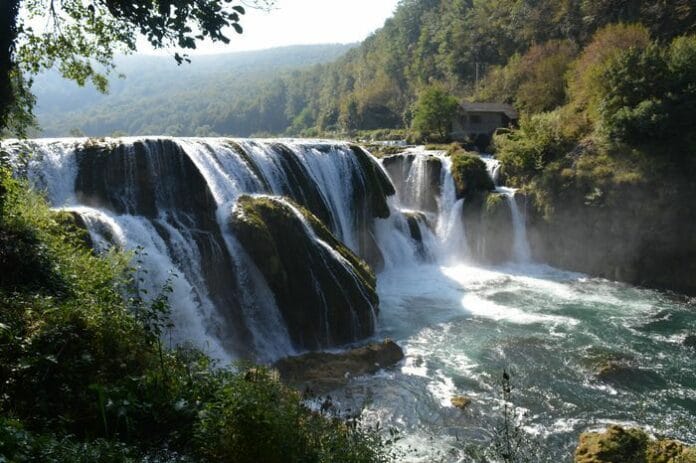During the communist era in Bulgaria, the government claimed to be building a “socialist” society. In reality, however, most people were denied basic human rights and freedoms. At the same time, the communist leaders created a system of special privileges for themselves and those loyal to the party.
A Multi-Level System of Privileges
At the top of this system were the highest members of the Bulgarian Communist Party. These included:
Members and candidate members of the Central Committee
Members of the Council of Ministers
Members of the State Council
Heads of departments in the Central Committee
First secretaries of the district committees
Some former senior party activists
These people—and often their families—had access to benefits and luxuries that were not available to ordinary citizens Private Ephesus Tours.
Access to Special Goods and Services
The communist elite lived very differently from the general population. They had access to:
Special stores with Western goods
High-quality healthcare at exclusive medical centers
Private winter and summer vacation houses
Government-provided apartments and luxury residences
Farms that produced clean and organic food and drinks
These services and products were supplied by a special government body called the State Safety and Security Directorate. While average citizens faced shortages, party elites lived comfortably, enjoying items and services that were sometimes even illegal for others to possess Violations of Human Rights and Freedoms.
Privileges for Lower-Level Party Officials
Privileges were not limited to top leaders. Communist officials at district, municipal, and even village levels received certain benefits as well. Others who were given special treatment included:
High-ranking government administrators
Party-controlled police and military leaders
Judges, prosecutors, and other people in law enforcement
These groups supported the party’s power, so they were rewarded for their loyalty.
Legalized Inequality
This unequal system was officially protected by law. Article 1 of the Constitution of the People’s Republic of Bulgaria gave the Communist Party total control over the country. This law ensured that the party remained above all other institutions, including the courts.
If a party member committed a crime, the courts could not take action without first getting approval from the local party organization to which the person belonged. This protected party members from justice and made the legal system unfair and biased.
Special Treatment for Party Members
Even regular members of the Communist Party received certain benefits. These included:
Better job opportunities
Easier admission into universities
Access to international work programs
Extra social and economic advantages
This created a society where party loyalty was more important than skill, talent, or fairness.
The so-called “socialist” state in Bulgaria created a deeply unfair system. While most people struggled with limited rights and poor living conditions, a small group of communist leaders and their supporters lived with wealth, comfort, and protection from the law. This system clearly went against the idea of equality and justice, and it kept power in the hands of a privileged few.







